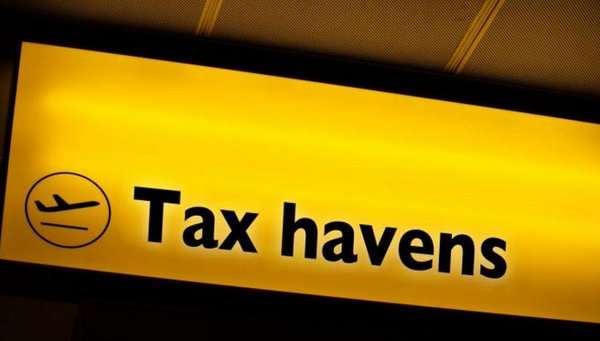Oxfam report says Big european banks prefer tax havens

The EU’s fight against tax evasion is far from over. After a series of tax evasion scandals concerning European countries and companies in recent years, the NGO Oxfam on Monday published a 52-page report, which estimates €25 billion of banker money ended up in tax havens in 2015.
It means fewer funds are going into national budgets to pay for things like health care and education. The report probed Europe's 20 largest banks and found that Luxembourg remains one of their most profitable tax havens.
The 20 biggest lenders paid no tax on €383 million of profit posted in seven tax havens that year, while booking €4.9 billion of earnings in Luxembourg, more than the U.K., Sweden and Germany combined, Oxfam and the Fair Finance Guide International said Monday. The study was based on data released under new European Union regulations requiring banks to report earnings on a country-by-country basis.
Manon Aubry, Oxfam's Senior Tax Justice Advocacy Officer said: "New EU transparency rules give us a glimpse into the tax affairs of Europe's biggest banks and it's not a pretty sight. Governments must change the rules to prevent banks and other big businesses using tax havens to dodge taxes or help their clients dodge taxes."
"All companies and individuals have a responsibly to pay their fair share of tax. Tax dodging deprives countries throughout Europe and the developing world of the money they need to pay for doctors, teachers and care workers," said Aubry.
The gap between banks’ real activities and their profits can sometimes reach incredible proportions. In the Cayman Islands for example, “for every €100 of revenue, there is an average of €167 profit”.
Bank employees in tax havens appear to be 4 times more productive than the average bank employee – generating an average profit of €171,000 per year compared to just €45,000 a year for an average employee.
Tax dodging by multinational companies costs poor countries over €90 billion every year. This is enough money to provide an education for the 124 million children who aren't in school and fund healthcare interventions that could prevent the deaths of at least six million children.

